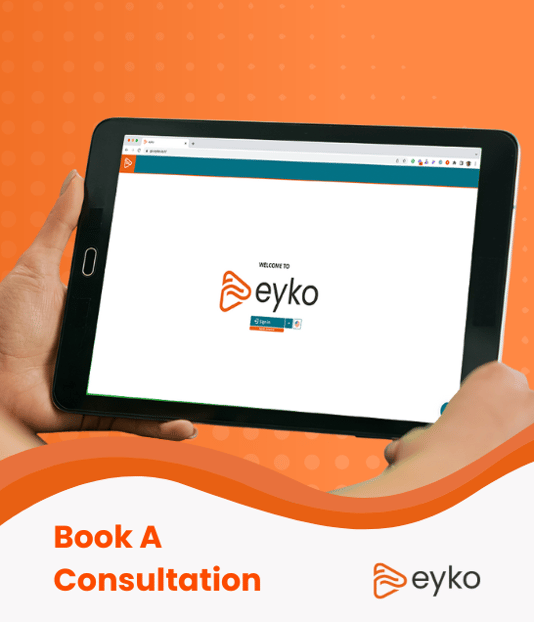Is Data Complexity the Enemy of Decision Making?
In today's digital age, the complexity of data has increased exponentially, driven by the sheer volume, variety, and velocity of information generated. Organizations collect data from numerous sources, including social media, IoT devices, customer transactions, and more. This diverse data landscape presents significant challenges in integrating, processing, and analyzing information efficiently. The heterogeneity of data formats, ranging from structured databases to unstructured text and multimedia, further complicates the task of deriving meaningful insights. As a result, businesses often struggle to manage and utilize their data effectively, necessitating advanced tools and techniques to handle the intricacies involved.
Business users, who rely on timely and accurate data for decision-making, are increasingly frustrated by the barriers to accessing and reporting this information. The traditional model where IT departments act as gatekeepers of data is becoming untenable. This setup often leads to bottlenecks, as business users must wait for IT to process requests, create reports, and generate insights. The delay in obtaining critical information hampers agility and responsiveness, which are essential in a fast-paced market environment. Furthermore, the lack of direct access to data means that business users cannot perform ad-hoc analyses or explore data independently, stifling innovation and proactive decision-making.
The frustration is compounded by the rapid evolution of business needs and the corresponding lag in IT's ability to adapt data systems accordingly. Business users expect real-time access to data and the flexibility to manipulate and visualize it as needed. Traditional IT infrastructures and legacy systems often lack the scalability and agility to meet these demands. The resulting misalignment between business requirements and IT capabilities creates a disconnect, where the potential value of data remains untapped. This gap is particularly evident in industries where quick data-driven decisions are crucial, such as finance, healthcare, and retail. However, IT teams are equally frustrated trying to stay on top of new data sources, business users' requirements, and the ever changing technology landscape.
Moreover, the proliferation of self-service analytics tools has raised expectations among business users, who seek more autonomy in data handling. While these tools promise to democratize data access, they often require a certain level of technical proficiency, which many business users lack. Consequently, users find themselves dependent on IT support to utilize these tools effectively, leading to continued frustration. The ideal scenario, where users can seamlessly access and analyze data without IT intervention, remains elusive, highlighting the need for more intuitive and user-friendly solutions that bridge this skill gap.
Peace Deals in the Making!
In response to these challenges, organizations are increasingly exploring advanced data management strategies and technologies, such as data lakes, cloud computing, and AI-driven analytics. These innovations aim to streamline data integration for Business and IT Users, enhance accessibility, and provide more robust analytical capabilities. However, the successful implementation of these technologies requires a collaborative approach, where IT and business users work together to understand requirements, streamline processes, and leverage tools effectively. By fostering a culture of data literacy and collaboration, businesses can mitigate frustration, empower users, and fully realize the potential of their data assets.
The eyko System Brings Peace!
Can eyko broker a peace deal between data source and data tool complexity and IT & Business Users? Luckily, eyko was designed to optimize speed, simplicity, while delivering advanced insights on top of multiple and complex data sources. eyko's end-to-end integrated design enables any user to access any and multiple data sources and applies machine learning or AI to merge, clean, standardize, and transform data from multiple sources into a format optimized for analysis. This code free data transformation process is the first step on the journey to address data source complexity for business users.
The second step with eyko is a simple way to enrich your data with classification, calculations, hierarchies, and more – again without coding. Data enrichment helps ignite breakthrough analysis.
The third step enables users to build reports, dashboards, and perform free-from analysis via an AI Assistant.
eyko brokers peace between data complexity and the business by enabling a fast, simple, and powerful way to eliminate data source and data tool complexity. eyko leads to happy IT and Business Users.
Learn more at eyko.
Share this
You May Also Like
These Related Stories

ETL Developers Days Are Numbered...

Simplifying Data Complexity with eyko

